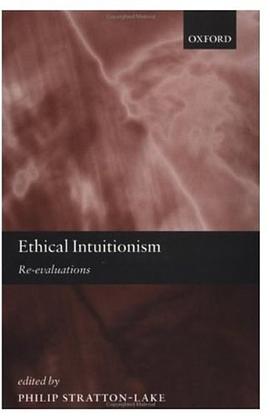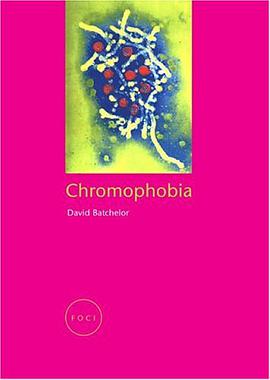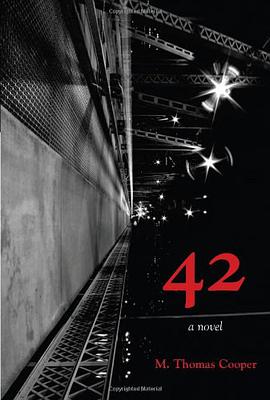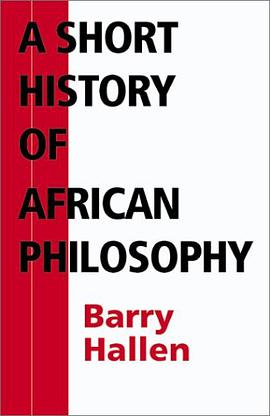

具體描述
Ethical Intuitionism was the dominant moral theory in Britain for much of the eighteenth and nineteenth and the first third of the twentieth century. However, during the middle decades of the twentieth century ethical intuitionism came to be regarded as utterly untenable. It was thought to be either empty, or metaphysically and epistemologically extravagant, or both. This hostility led to a neglect of the central intuitionist texts, and encouraged the growth of a caricature of intuitionism that could easily be rejected before moving on to 'more serious' philosophical theories. More recently, however, this hostility towards ethical intuitionism has subsided. A wide range of moral philosophers, from Aristotelians, to rule-consequentialists, to expressivists, Kantians, and deontologists, are beginning to look to the ethical intuitionists' work as a positive resource. It is, therefore, a good time to get clear on what it was that intuitionists said, and re-evaluate their contribution to our understanding of morality. This volume is the first serious engagement with ethical intuitionism in the light of more recent developments in ethical theory. It contains essays by eminent moral philosophers working in very different traditions whose aim is to clarify and assess ethical intuitionism. Issues addressed include whether the plurality of basic principles intuitionists adhere to can be grounded in some more fundamental principle; the autonomy of ethics and self-evidence; moral realism and internalism; and the open question argument and naturalism.
著者簡介
圖書目錄
讀後感
評分
評分
評分
評分
用戶評價
相關圖書
本站所有內容均為互聯網搜索引擎提供的公開搜索信息,本站不存儲任何數據與內容,任何內容與數據均與本站無關,如有需要請聯繫相關搜索引擎包括但不限於百度,google,bing,sogou 等
© 2025 book.quotespace.org All Rights Reserved. 小美書屋 版权所有




















